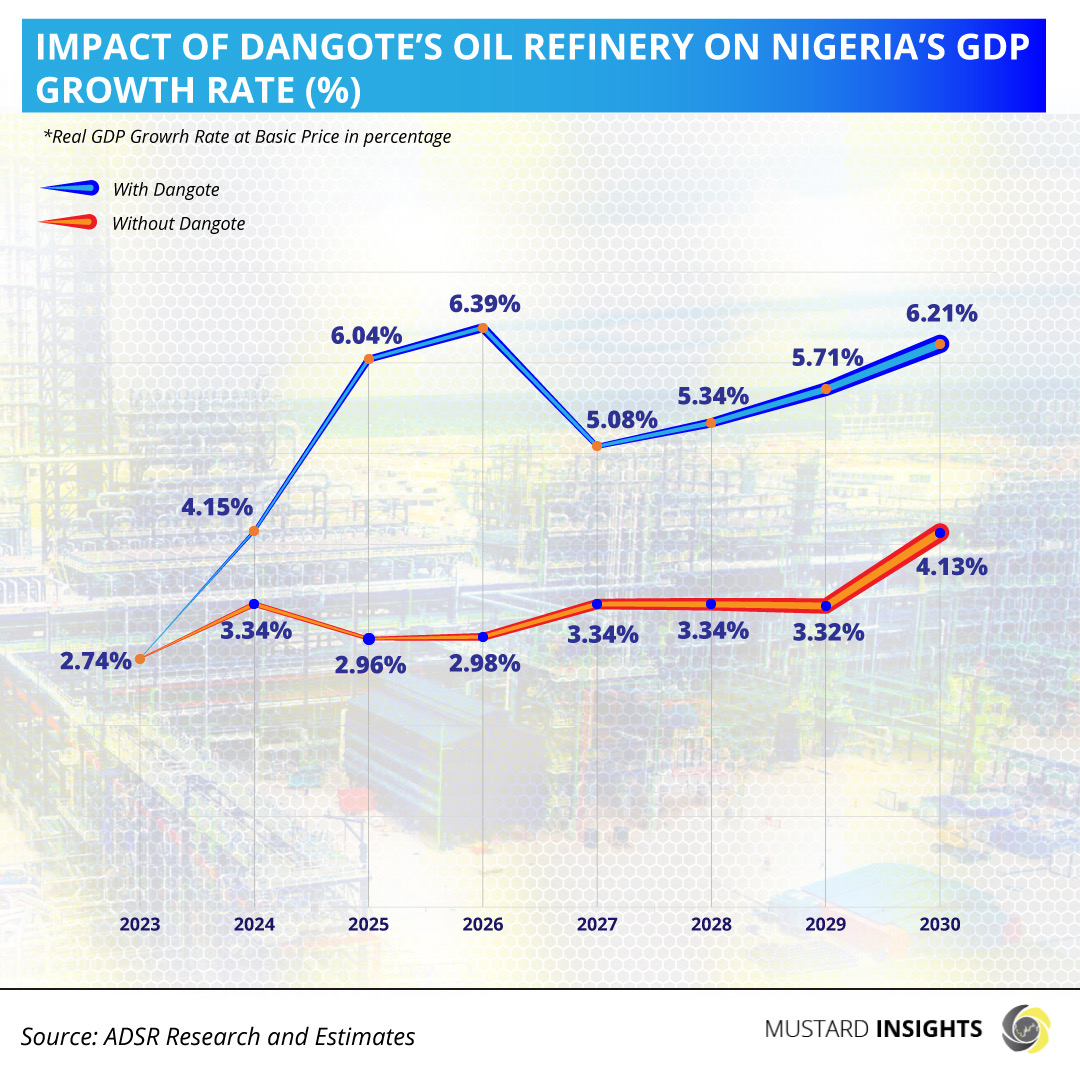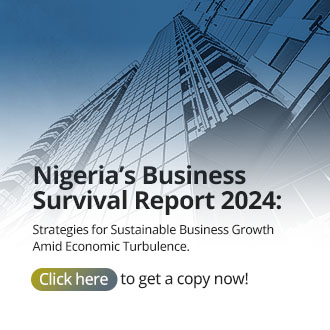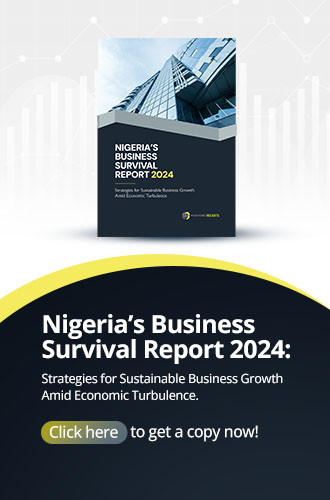
The Dangote Refinery, a $19 billion monumental project by Africa’s wealthiest man, Aliko Dangote—now the second-richest on the continent according to Bloomberg Billionaire Index (BMI)—is believed to significantly impact Nigeria’s economy as well as the global oil market. Expected to process around 650,000 barrels of crude oil daily when fully operational, it aims to curb Nigeria’s reliance on imported petroleum products and address foreign exchange challenges.
Much has been said about its creation of thousands of jobs, increasing government revenue, while also boosting the country's foreign direct investment, and boosting the overall economy. The Refinery is set to influence oil pricing dynamics with some positive impact on domestic fuel prices, reduce market volatility, and to introduce new trade dynamics which will further create opportunities. It is also poised to to strengthen the Naira and enhance Nigeria’s perception and global standing. It is in no way a small feat.
By reducing the country's dependency on imported refined products, the project will cut substantial foreign exchange outflows, improve trade balances, and increase government revenue through taxation and reduced subsidy costs. Research by ADSR as depicted in the chart above projects a transformative impact on Nigeria’s GDP. Without the refinery, Nigeria’s GDP is expected to grow from 3.34% in 2024 to 4.13% by 2030. With the refinery operational, GDP growth is anticipated to surge from 4.15% in 2024 to an impressive 6.21% by 2030, reflecting its capacity to catalyse long-term economic prosperity.
The chart below also show GDP projections at current market prices with and without the refinery.
Thoughts?
We won't share your email address. All fields are required.
